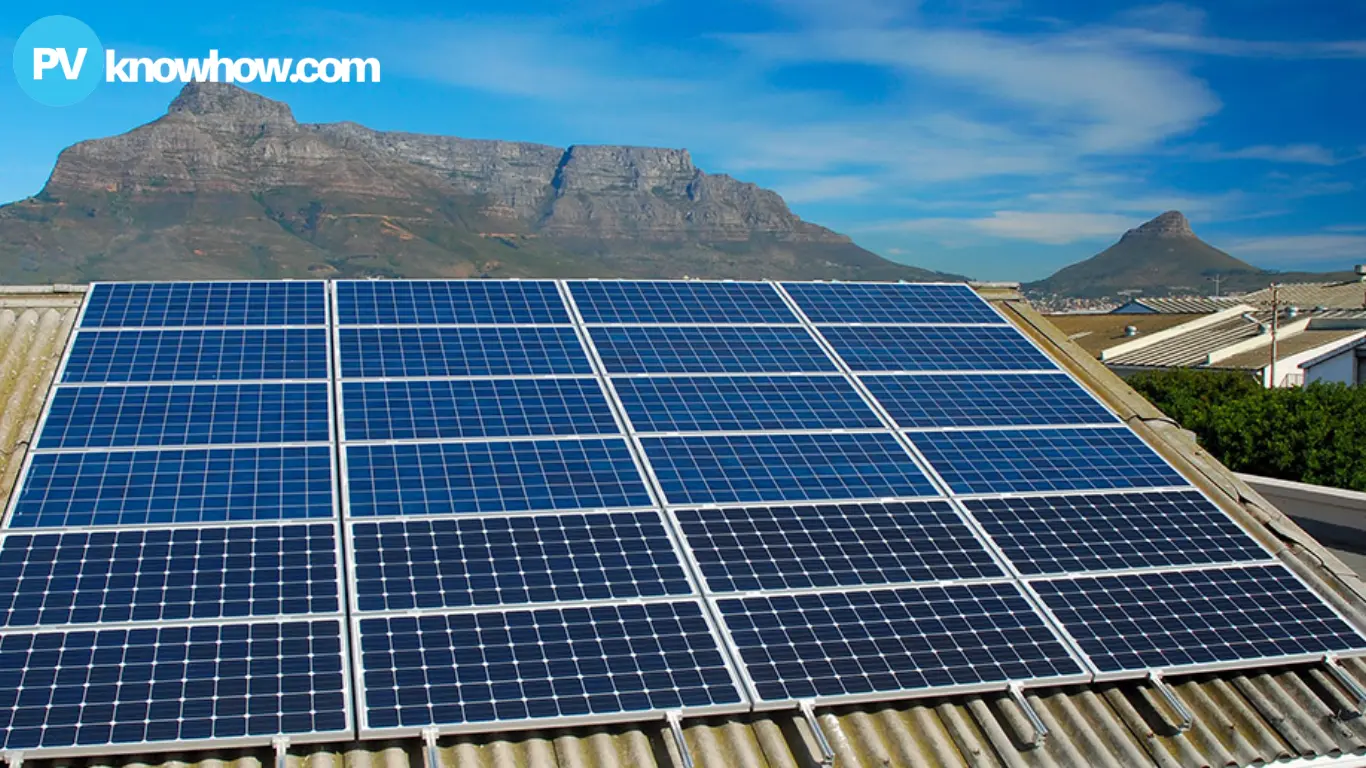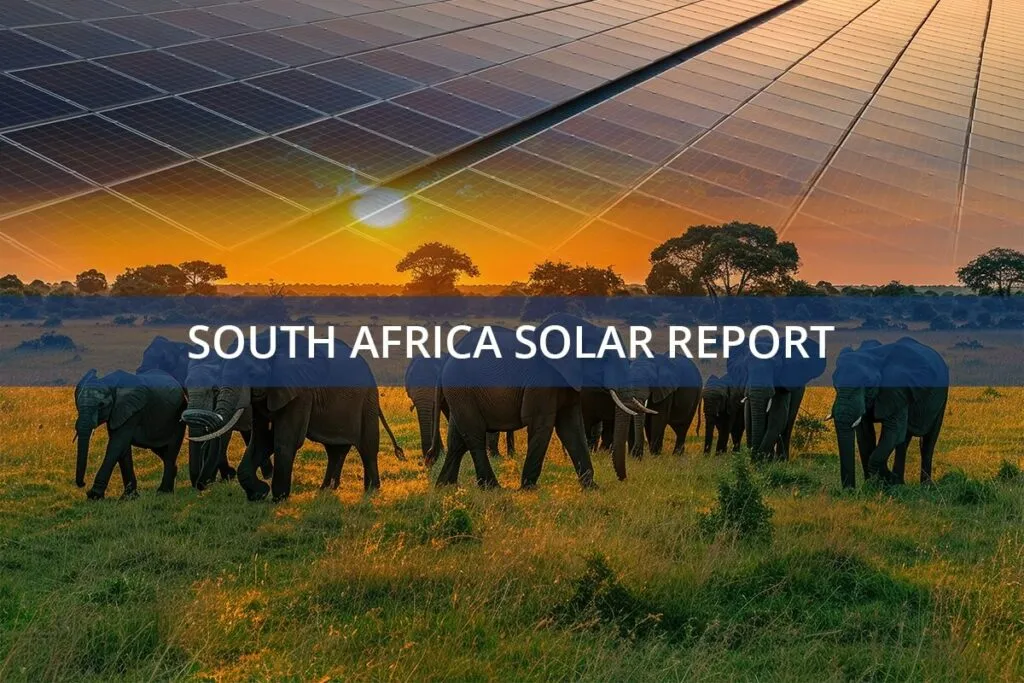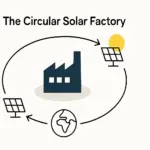Solar Energy Project: Advances Sustainability in Cape Town
The City of Cape Town has taken a significant step towards its sustainability goals by launching an R14.6 million solar energy project at the Kraaifontein Wastewater Treatment Plant. This initiative aims to reduce the city’s dependence on traditional electricity and improve energy efficiency within municipal operations.
It’s part of a broader strategy that includes similar solar installations at the Goodwood Transport Management Centre and the Gugulethu Electricity Depot, with the total investment in these projects reaching R20.6 million.
During a site visit, Mayoral Committee Member for Energy, Alderman Xanthea Limberg, highlighted the project’s environmental benefits. Accompanied by Councillor Zahid Badroodien, the Mayoral Committee Member for Water and Sanitation, she emphasized its role in cutting greenhouse gas emissions. “This programme contributes toward the reduction of greenhouse gasses by providing an alternative to electricity generated from fossil fuels,” she said, noting that the project also aligns with South Africa’s international obligations to reduce emissions.
Cutting Electricity Costs
The solar installation at Kraaifontein is expected to generate 1.5 GWh annually, translating to an estimated R2.4 million in electricity savings in its first year alone. This return demonstrates the tangible benefits of the city’s investment in sustainable energy. Construction on the project began in November 2023 and was completed by May 2024.

Image: Collected
Alderman Limberg expressed her gratitude to the teams who brought the project to life. “I thank the project teams for their ongoing hard work and dedication toward building a more sustainable, future-fit Cape Town,” she added. Her comments highlight the collaboration and commitment essential to achieving the city’s sustainability objectives.
These solar energy projects form a crucial part of Cape Town’s small-scale embedded generation (SSEG) programme. The programme is designed to reduce the city’s reliance on power from both the national provider, Eskom, and the municipal grid. It is a key element of a broader energy strategy that includes plans to upgrade and maintain the electricity grid over the next three years.
Cape Town Increases Investments in Energy
As part of its long-term strategy, Cape Town plans to invest over R4 billion in its electricity infrastructure by 2026. This investment is set to enhance the grid’s reliability and capacity, making it more resilient to challenges like load-shedding. The city aims to add up to one gigawatt of independent power supply by 2026, which would protect residents against four stages of Eskom load-shedding.
The launch of the Kraaifontein solar project is a milestone in Cape Town’s journey towards sustainability, reflecting a proactive approach to energy supply and environmental challenges. By successfully implementing this project, Cape Town sets a positive example for other municipalities across South Africa. The city’s commitment to sustainable energy solutions not only benefits its residents but also contributes to the global effort to combat climate change.
The Kraaifontein solar energy project is more than a technological advancement—it represents a vision for a cleaner, more sustainable future. As Cape Town continues to invest in renewable energy and infrastructure, it is solidifying its position as a leader in the transition to a low-carbon economy. The city’s efforts are a reminder that local initiatives can have a global impact, and that the future of energy lies in sustainable, innovative solutions.



